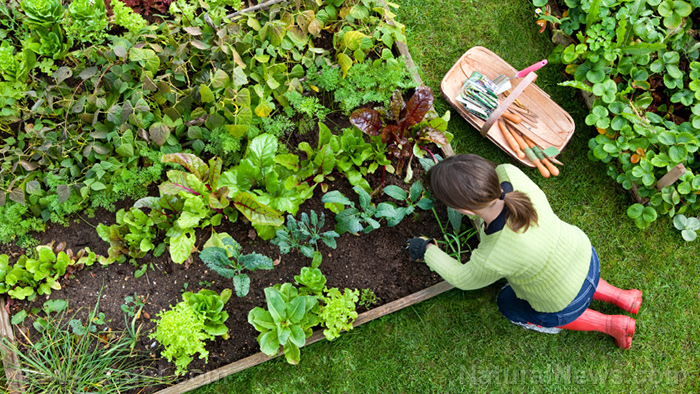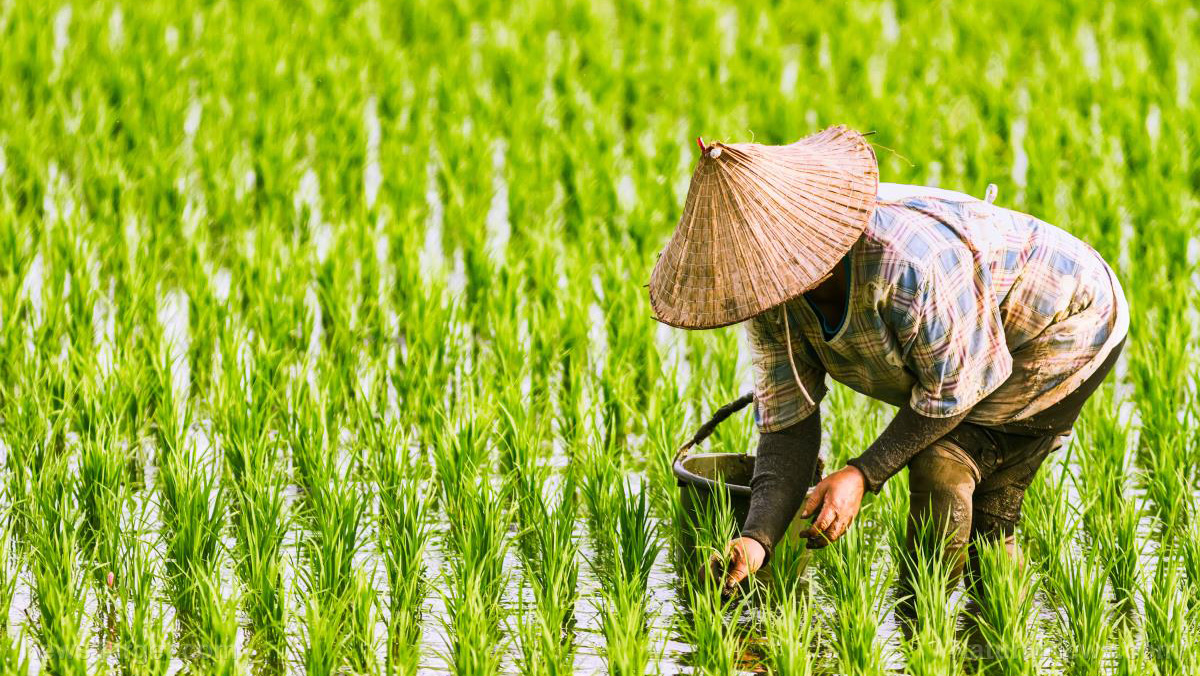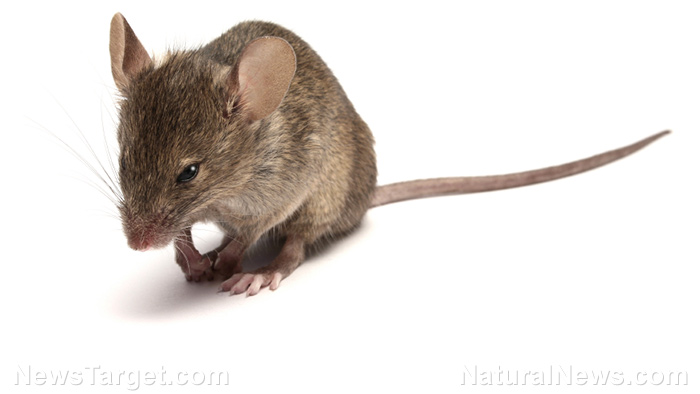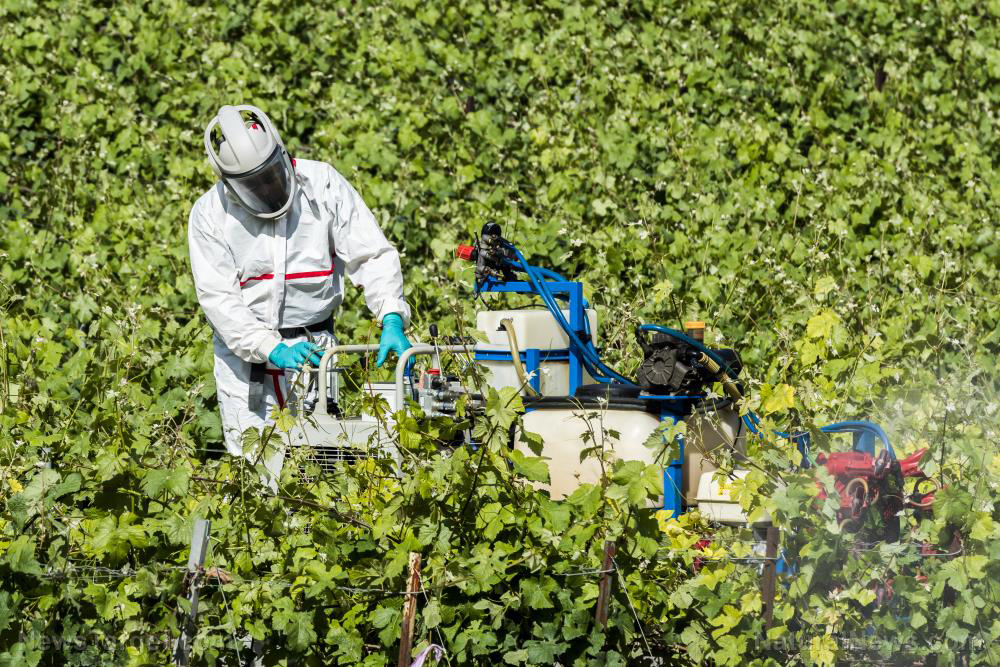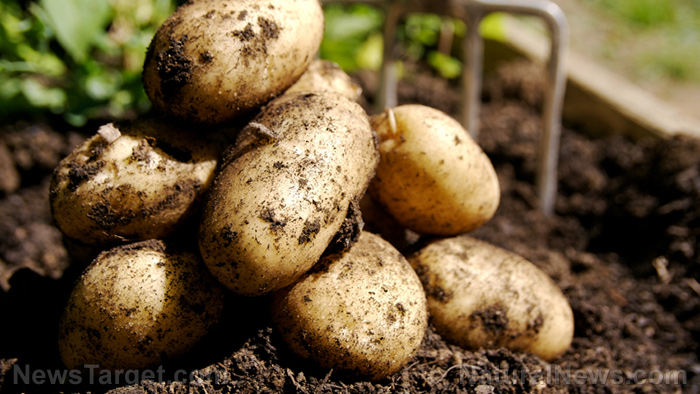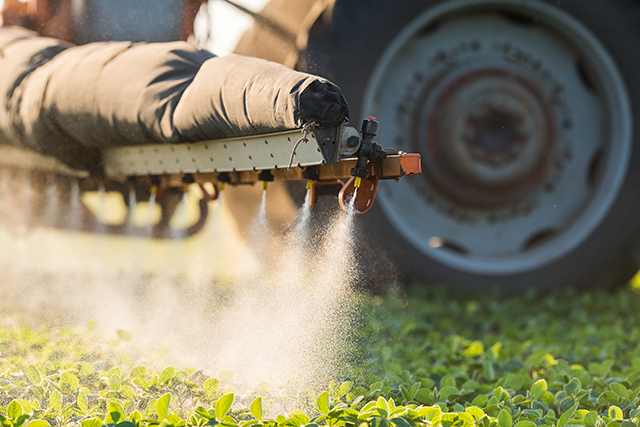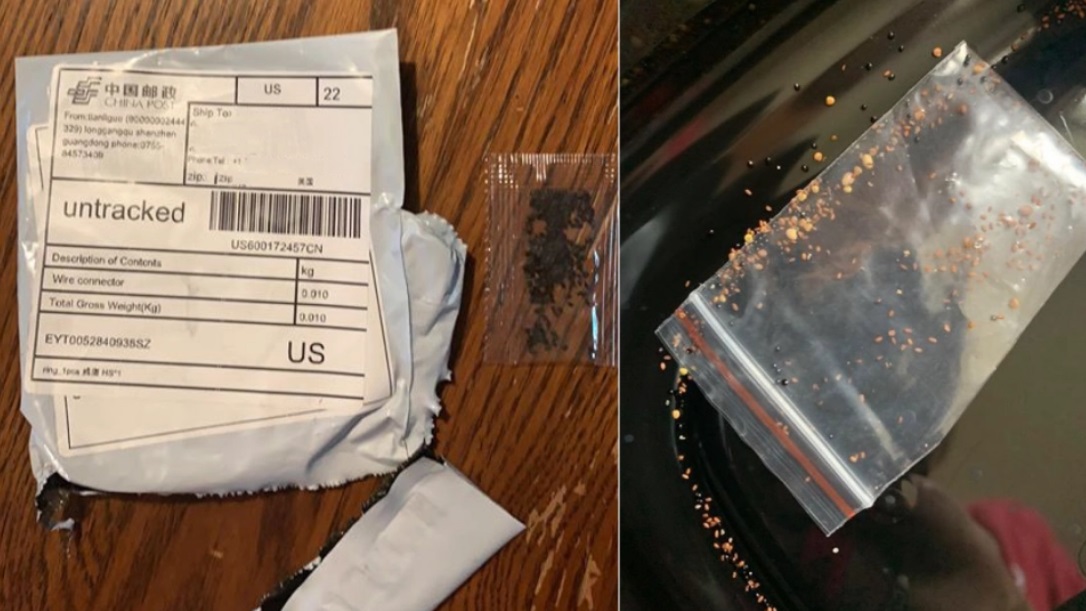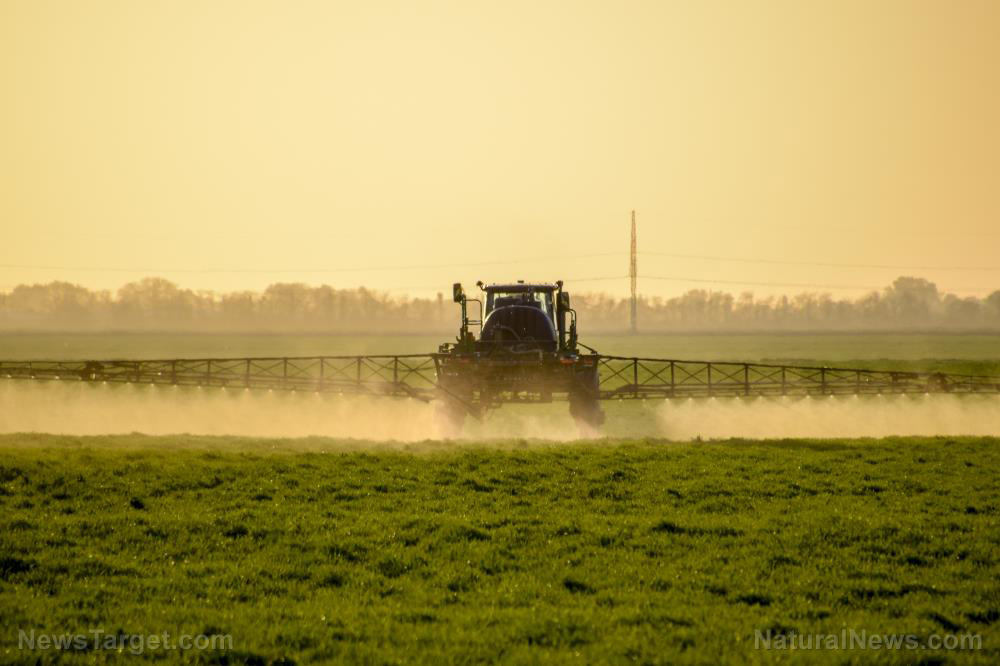Saline water found to improve yield and quality of cherry tomatoes
08/24/2020 / By Evangelyn Rodriguez
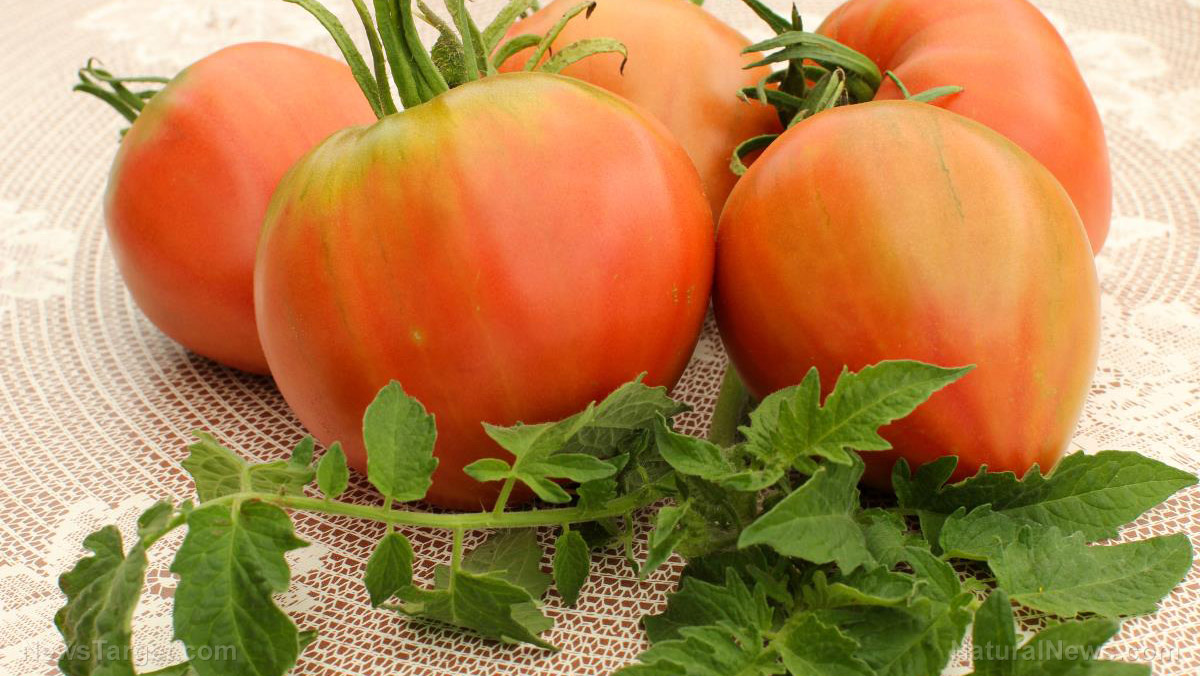
Fresh water is an important resource that the world has a very limited supply of. According to experts, 98 percent of the world’s water is salt water, and only two percent is fresh water. But of that two percent, 87 percent is locked up in ice and glaciers and 12 percent is in the ground, leaving only one percent accessible for human consumption.
Both modern and traditional farming techniques require fresh water for irrigation. In fact, about 70 percent of the world’s fresh water supply is used in agriculture. The heavy demand for this limited resource has led researchers to look for ways to reduce the amount of fresh water consumed annually for food production.
One of the solutions they came up with is to use salt water for irrigation. Now known as saline agriculture, this new practice combines alternative techniques used in irrigation, fertilization and water management to circumvent the negative effects of salinity on plant growth and yield.
In a recent study, researchers from France examined the influence of different salt concentrations on the physiological responses and gene expression of cherry tomatoes. Although not as salt-tolerant as barley or sunflowers, tomatoes can tolerate enough salinity to be planted even in coastal areas. Research also suggests that growing tomatoes using diluted salt water increases their antioxidant content.
The researchers reported their findings in an article published in the journal Acta Agriculturae Scandinavica, Section B — Soil & Plant Science.
The effects of saline water on fruit quality
Salinity is a great problem in agriculture because of its impact on crop productivity. Studies show that salinity impairs the growth and development of plants via water stress, cell toxicity due to excess sodium and chloride uptake, and nutritional imbalance. Salinity also induces oxidative stress — the excessive production of reactive oxygen species — which can ultimately damage plant tissue. This is why for the longest time, farmers and researchers believed that salt-affected lands are unusable. (Related: Researchers suggest adding biofertilizers to soil to improve yield.)
But recent studies have found that despite high concentrations of salt, salt-affected lands are still arable. Salt-tolerant crops like sugar beets, rye and safflower can grow using land and water unsuitable for conventional crops like soybeans, corn and field peas. Not only do these crops produce food, fuel and other useful products, but they also help rehabilitate degraded soil. Salt-tolerant crops also present a sensible solution to the problem of fresh water scarcity, since these plants can grow even when irrigated with salt water.
In their study, French researchers highlighted how salt water can improve the quality of fruits like tomatoes. They proved this by growing tomatoes in a glasshouse using peat moss substrate and irrigating them with varying concentrations of sodium chloride (NaCl). The researchers found that high concentrations of NaCl improved the taste of cherry tomatoes, along with other parameters (e.g., fruit total soluble solids, titratable acidity and firmness), but caused them to grow shorter, have lower dry weights, fewer flowers and smaller leaf areas than non-salinized tomatoes. High NaCl concentrations also reduced plant yield, average fruit weight and fruit number.
On the other hand, low concentrations of NaCl induced the expression of salt-responsive marker genes in cherry tomatoes. This allowed the plants to grow normally with salt water and produce fruits with better quality. Based on these results, the researchers concluded that irrigation with diluted salt water can improve the quality of fruits like tomatoes without compromising their yield and growth.
For more stories on how to boost crop yield, visit OrganicFarming.news.
Sources include:
Tagged Under: agriculture, environment, freshwater supply, fruit quality, gardening, green living, harvest, home gardening, irrigation, organic farming, research, saline agriculture, salt, salt water, salt-tolerant crops, sodium chloride, soil salinity
RECENT NEWS & ARTICLES
COPYRIGHT © 2017 HARVEST NEWS

